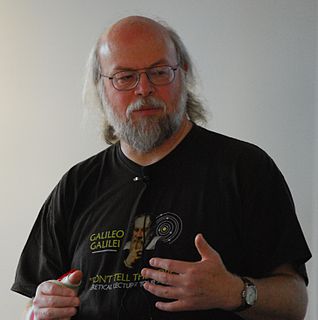A Quote by Gus O'Donnell
It's amazing what you can get on open source now if you actually use the right search engines to find the material.
Quote Topics
Related Quotes
Vertical search engines that match your business, service or products with a target market offer you a higher conversion rate than traditional search engines. Because they have already qualified their interest by coming to a search engine with a specific focus, searchers will be more receptive to targeted advertising.
If an open source product gets good enough, we'll simply take it. So the great thing about open source is nobody owns it - a company like Oracle is free to take it for nothing, include it in our products and charge for support, and that's what we'll do. So it is not disruptive at all - you have to find places to add value. Once open source gets good enough, competing with it would be insane. We don't have to fight open source, we have to exploit open source.
Our sense of "open" is that the authority to make decisions about that gets distributed based on merit and understanding and participation and leadership, not solely on employment or a title or a business plan. Technical colleagues will define "open" as "open standards," "interoperable" - you can find it, search it, cut and paste it, view source, mix and match - all those things that we associate with text on the Web, that you can continue to do that with audio and video and whatever's next.
You know, most people in the open-source world who use open-source software don't actually do builds themselves - those people just download the binaries. And so we expect that the big enterprise people will just do that and we will certainly be providing binaries that have been through full industrial-strength QA, that have been through all the conformance testing.
Competitors argue that Google rigs its search algorithms to demote listings for competing search engines. Many of the allegations of demotion come generally from sites of pretty questionable quality, such as Nextag and Foundem. Some of Google's primary competitors in 'specialized search' clearly place well in search results - Amazon and Yelp.


































